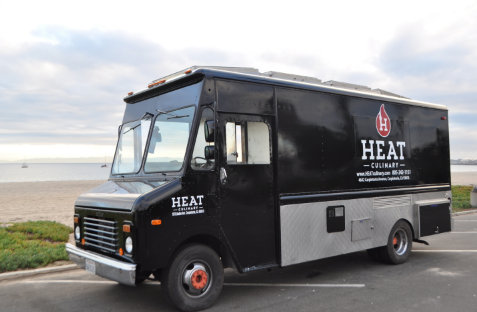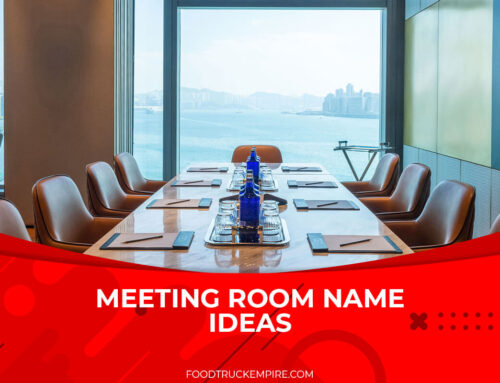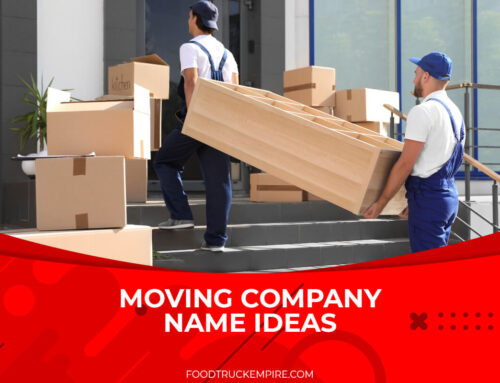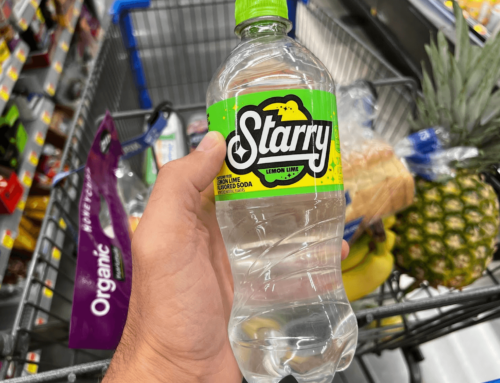When you operate a mobile business there are all sorts of potential hazards that can disrupt the flow of an otherwise routine day. There’s the potential for a fender bender every time you travel to lunch service. A customer could burn their tongue munching French fries served straight out of the deep fryer. Or you could wake up to discover your truck has been vandalized overnight.
You could drive yourself nutty worrying about all the things that could go wrong in your business. But being stressed about something without taking any specific precautions won’t help. Here are some practical actions you can take to protect your food truck business in 2020 and beyond.
Protecting Your Food Truck from Theft
Food trucks are very much vulnerable to theft simply because these are mobile stations which are easier targets than brick and mortar restaurants. Thus, it is imperative to always lock your truck at the end of a business day and take your keys with you. This may seem like common sense, but it can be easy to get into the routine of leaving keys behind.
As much as possible, refrain from keeping a second set of keys in your truck. Statistics show that a significant percentage of food trucks that are stolen had the keys stored in them. Additionally, make it a habit to secure the registration and title of your truck and it is best if you also take it with you upon leaving your truck parked. If these documents are left inside the vehicle, it will be easier for thieves to sell your stolen truck.
Another precautionary measure is to purchase a surveillance camera as a theft prevention tool. According to a study of 422 incarcerated burglars, about half of those that participated in the study said they would discontinue a robbery if they realized cameras were present recording their every move.
These should not be hidden cameras. You want the offender to know there’s a security system in place to encourage them to pick an easier target. One simple way to accomplish this would be to place a sign near the vehicle notifying that everything is being recorded. If you park your mobile unit at a commissary overnight be sure to ask if there are cameras recording 24/7.
If you park your food truck on the street overnight turn the wheels toward the curb in parallel to using your emergency brake when parked. This will make it more difficult for thieves to tow your truck if that is the goal.
Finally, it is also a good practice to always be attentive of your truck and never leave it running, even if you only need to alight for a short period of time. In the same manner, discourage thieves by hiding your valuables and storing them in secure places instead of leaving them in plain view. Never leave expensive equipment like a POS system or computer inside the truck while it’s not in operation.
Here are some best practices to find a safe location to store a food truck or trailer:
- Park your truck in well-lit areas to discourage those with malicious intentions to even come near and survey your truck.
- Find a location where there is nearby traffic or people walking by. Both of these are proven deterrents.
- Property should be regularly visited by the police or a security company.
- The presence of a dog on the property is a top deterrent for criminals. Even if it’s a small dog with a loud bark it can help discourage would be bad guys.
- Finally, prominently post security signs outside of your vehicle. This sends a clear signal that your property is not worth the hassle.
Protection from the Unexpected
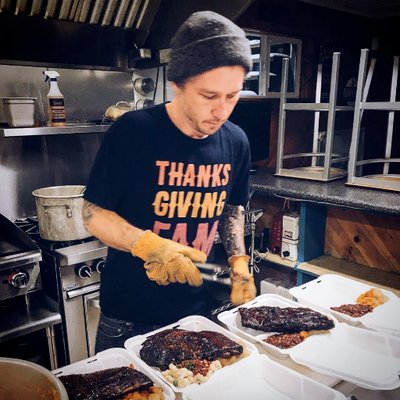
You can take measures to prevent theft. But there are other business risks you can’t anticipate. For those things you need to get good insurance coverage.
Generally speaking, your food truck business insurance should be able to cover your business as a whole which includes your actual food truck and the equipment enclosed within, as well as your workers and staff operating your food truck. The Balsiger Insurance website cites different types of coverage options that you can look into, such as the general commercial liability insurance, commercial property insurance, commercial auto insurance, and workers’ compensation insurance.
Each of these provide a specific protection for your business. For instance, the general commercial liability insurance provides you with protection against lawsuits that may stem from a consumer getting foodborne illnesses from your food, while the commercial property insurance covers you in case of any damage done to your equipment such as the tools you have in your truck’s kitchen.
On the other hand, a commercial auto insurance usually provides protection in case of accidents or road mishaps involving your truck, while a workers’ compensation insurance protects your employees in cases of work-related injuries or accidents.
Protection from Financial Failure

Every business owner aims to be successful in their business venture, which is why it is of equal importance to protect your business from a great chance of failure. You can do this by designing a thoroughly crafted business plan to serve as a guide of how you want your business to turn out and making sure you’ve got a bit of a finial cushion in place to help solve any unexpected problems.
This business plan can also be a reminder of your business goal, which in turn motivates you to think of innovative business strategies to achieve your aim in the timeline you specified in your business plan.
Even if you’re a current operator, we encourage you to revisit your business plan and have it updated regularly to ensure your business longevity and growth. After all, things change when you start getting momentum in your business. You may discover your original plan to serve at breweries didn’t pan out for your breakfast truck. In the end, your business plan should be a living document that changes along with your business.
Next, make savings a goal for your food truck. You should always be putting at least 5% of your savings into storage to utilize for a rainy day or unexpected expense. At some point you’ll need that available cash to repair a break down, replace kitchen equipment, pay an event fee or even cover a personal emergency. Start saving money for a rainy day as soon as you can and you’ll be setting your business up for longterm success.
This is the perfect time of year to protect yourself from business risks like theft or unforeseen circumstances, or financial failure. Let us know the steps you’re taking to protect a business in the comments below.

